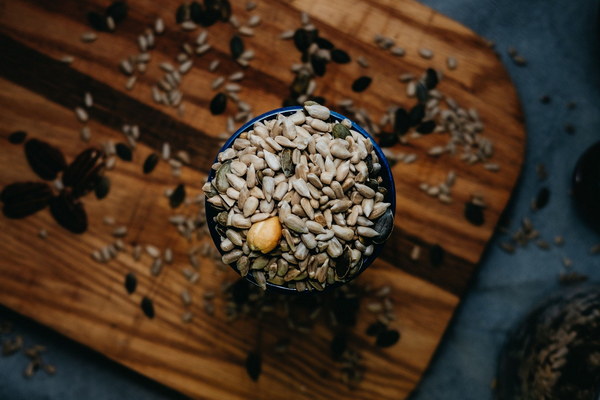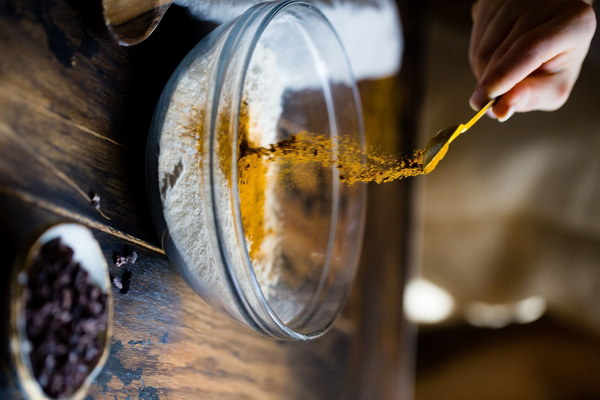Balancing Body Heat A Guide to Tackling Weakness and Excess Heat
In the realm of traditional Chinese medicine, the concept of body heat plays a significant role in understanding and treating various health conditions. Body heat, or 'rexia' in Chinese, refers to an imbalance in the body's energy, which can lead to a variety of symptoms, such as weakness, fatigue, and irritability. This article delves into the concept of body heat, its causes, and effective strategies for balancing it to achieve overall well-being.
Understanding Body Heat
Body heat is a vital aspect of one's health, as it represents the body's energy or 'Qi'. However, when this energy becomes excessive or imbalanced, it can lead to various issues. In traditional Chinese medicine, there are two types of body heat:

1. Excess Heat: This type of heat is characterized by an overabundance of energy in the body, which can manifest as symptoms like fever, redness, and inflammation.
2. Weak Heat: On the other hand, weak heat refers to a deficiency in the body's energy, which can result in symptoms such as fatigue, low energy levels, and a susceptibility to infections.
Causes of Body Heat
Several factors can contribute to the development of body heat, including:
1. Diet: Consuming spicy, hot, and fried foods can lead to an accumulation of excess heat in the body.
2. Stress: High levels of stress can disrupt the body's energy balance, leading to an increase in body heat.
3. Environmental factors: Exposure to extreme temperatures, such as heat or cold, can also contribute to an imbalance in body heat.
4. Lifestyle: Lack of exercise, inadequate sleep, and excessive alcohol consumption can weaken the body's defenses against body heat.
Balancing Body Heat
To address body heat and promote overall well-being, the following strategies can be employed:
1. Diet: Incorporate cooling foods and beverages into your diet, such as green leafy vegetables, fruits like watermelon and cucumber, and herbal teas like chrysanthemum or mint. Avoid spicy, hot, and fried foods, as well as excessive alcohol consumption.
2. Lifestyle adjustments: Regular exercise, sufficient sleep, and stress management can help maintain a healthy balance of body heat. Yoga and tai chi are particularly beneficial for balancing the body's energy.
3. Acupuncture and herbal medicine: These traditional Chinese medicine practices can help regulate the body's energy and alleviate symptoms of body heat. Acupuncture points, such as Large Intestine 4 (He Gu) and Stomach 36 (Zu San Li), are often used to balance body heat.
4. Hydration: Adequate hydration is crucial for maintaining a healthy body temperature. Drink plenty of water and herbal teas throughout the day.
5. Mindfulness and meditation: These practices can help reduce stress and promote emotional balance, which in turn can help manage body heat.
Conclusion
Balancing body heat is essential for achieving optimal health and well-being. By adopting a holistic approach that includes diet, lifestyle adjustments, and traditional Chinese medicine practices, one can effectively manage body heat and reduce the risk of related health issues. Remember, consulting with a healthcare professional or a licensed acupuncturist is recommended before making any significant changes to your health routine.









